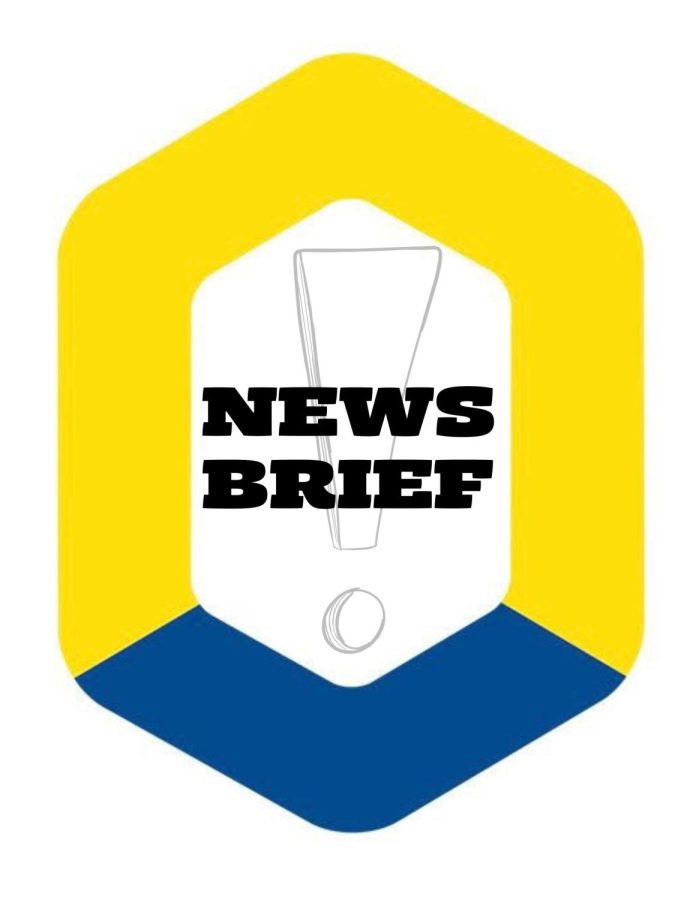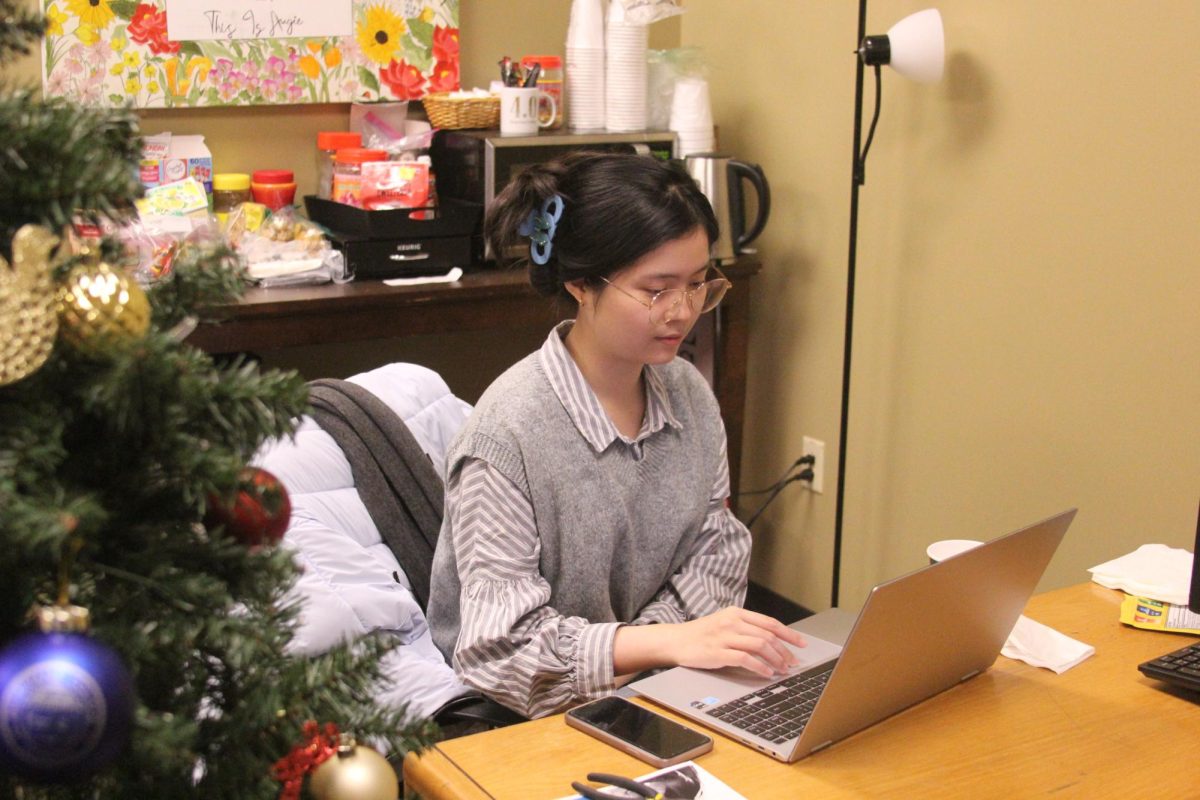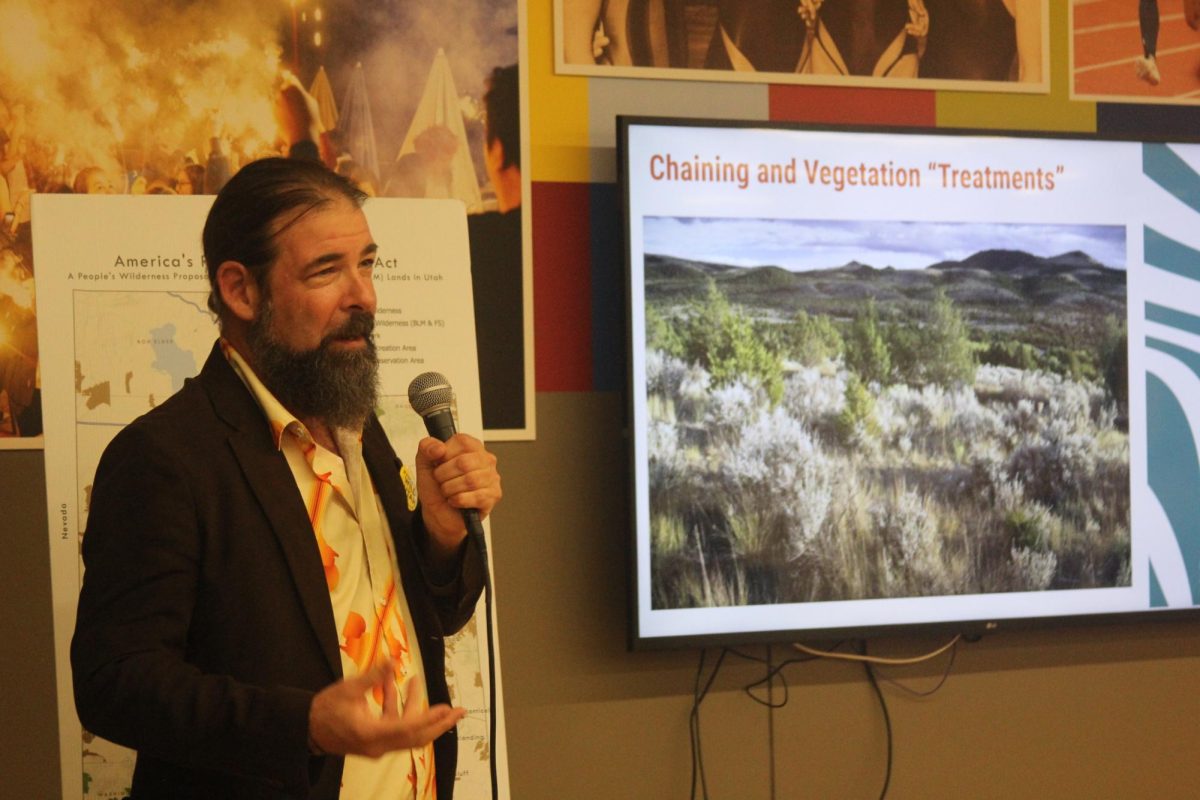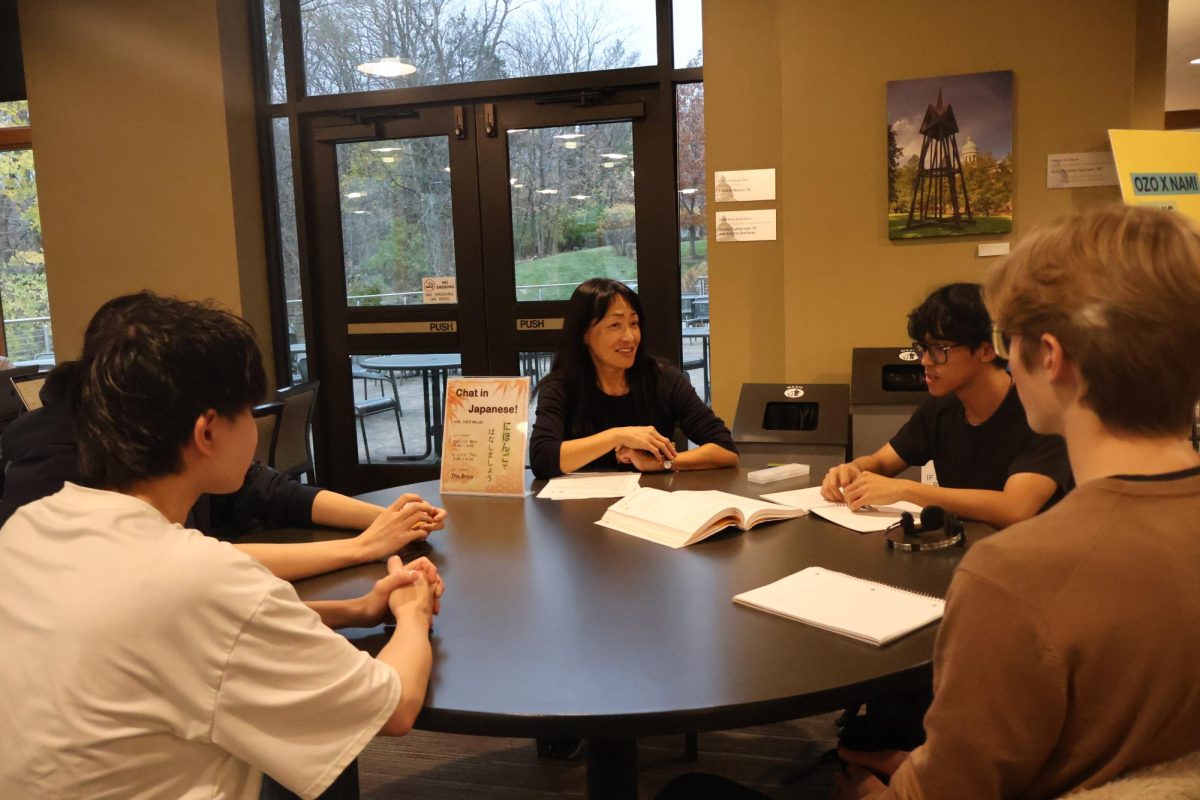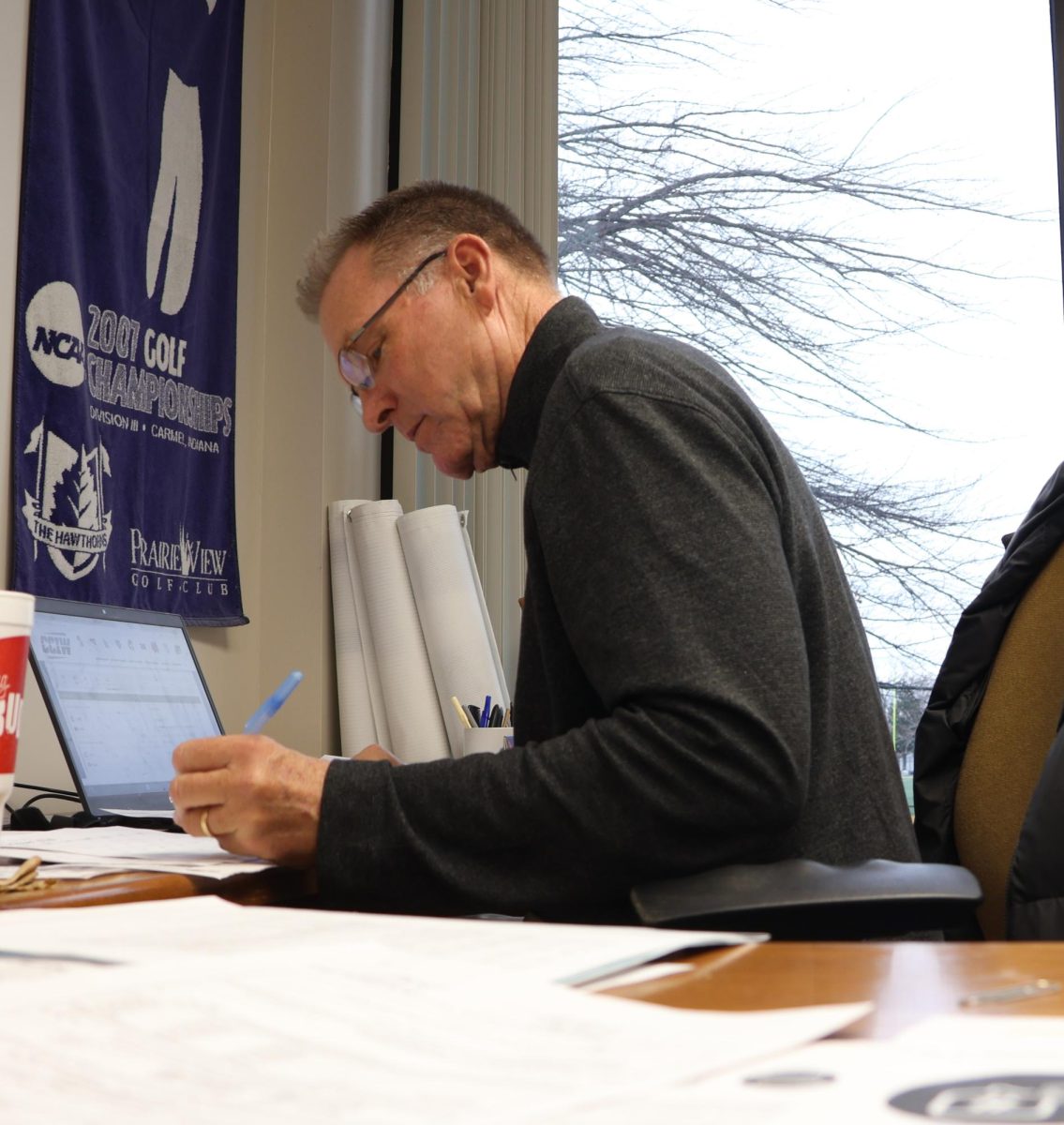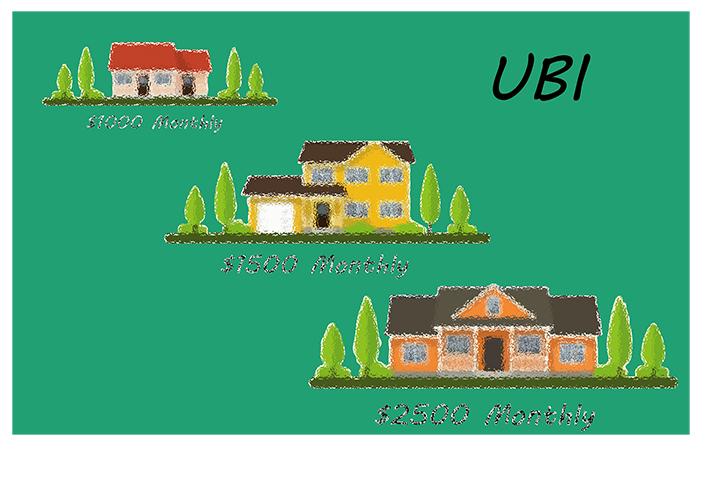It’s clear that Bernie Sanders 2016 campaign popularized and normalized many progressive ideas such as a universal healthcare, and free public college tuition. However, Andrew Yang, an entrepreneur and candidate for the 2020 election, has something a bit more “progressive” in mind – a universal basic income.
Hear me out, a universal basic income may seem like free money but Yang begs to differ. According to Yangs campaign website he calls for a universal basic income of $1000 per month. Yang also states the benefits that come with a universal basic income, these benefits include but are not limited to: increased entrepreneurship, improved mental health and physical health, increased art production, and bargaining power for workers. These benefits evidently are more like an investment in society as opposed to “free money.”
Imagine how much $12,000 a year would benefit the average american worker and college student. Essentially, college students could pay some if not all their yearly tuition, have extra funds to start a business, afford a car, or simply even have extra pocket cash to treat themselves.
Although some people may question the validity of Yang’s plan it’s not as radical or far-fetched as one may think, the state of Alaska already has one in place called the Alaska Permanent Fund, which has been in place since 1982. Under Alaska’s permanent fund workers continued having incentive to work, actually with an increase in employment, as found in Damon Jones and Ioana Elena Marinescu’s study.
Critics also may ask how Yang can afford a universal basic income, and how inflation may play a role. The good news is Yang proposed that inflation will not occur as long as there are minimal to no changes to the money supply in the economy. In addition, he plans on adding a Value-Added Tax on goods and services as a way to ensure that big corporations and the top 1% can’t sleaze their way out of paying more taxes. Essentially, Yang debunks the idea that a universal basic income would screw over our economy.
It’s safe to say Yang doesn’t want to implement a plan that may turn out to be reckless. He’s clearly done his research. Significantly, Yang also mentions a study from Banerjee and Hanna et al. that suggests government run cash programs don’t lower work incentive for lower-income citizens. Meaning, that cash influxes from a universal basic income can only benefit the economy rather than do harm.
Considering all the studies, and Alaska’s success with their permanent fund, Yang’s main campaign promise is honestly just a public outcry away from being realized.
Honestly, picture a society where an extra $1,000 a month could benefit everyone. This money can act as a safety net for periods of economic hardship, lower student-debt, help out 18 year-olds kicked out of their parents home, or simply even lower financial stress.
Not only that, but think of all the creative young minds who never get to show their talents and ideas to the world because of financial setbacks; this extra money would serve as a gateway for many to reach their full creative potential.
Humans all over our country hold too much intelligent and creative potential to be held back by financial stress, and a universal basic income will help serve as the stepping stool for many bright individuals.
Graphic by Noah Robey.
Categories:
Underdog candidate calls for a Universal Basic Income
March 21, 2019
0
More to Discover
